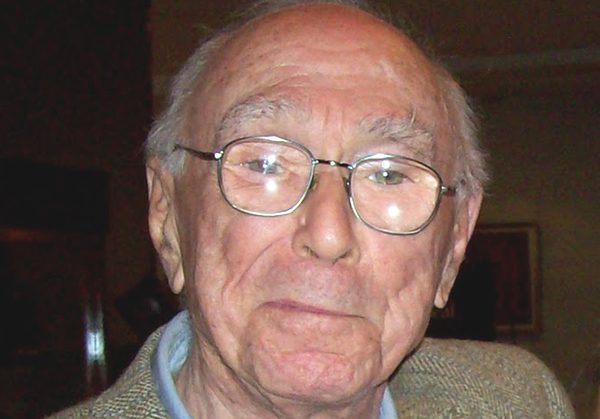Pioneer of the “New Look in Perception” movement: Who is Jerome Seymour Bruner?
His main area of interest is experimental psychology. According to him, in the process of perception, the individual is not a passive recorder of sensory data, but an active element of the process.

American psychologist and educator. He is known for his work in the field of mental comprehension. He was born on October 1, 1915 in New York. His family was German-Jewish. His father, a watchmaker, died when Bruner was 12 years old. He graduated from Duke University in 1937. He completed his master's and doctorate studies at Harvard University. He worked in army intelligence in France during World War II. He later returned to Harvard University, where he became a professor of psychology in 1952. Between 1961 and 1972 he was the director of the Center for Cognition Studies. He was president of the American Psychological Association from 1964-1965. In 1972 he was a professor of psychology at Oxford University in England.
Jerome Seymour Bruner (October 1, 1915 – June 5, 2016) was an American psychologist who made significant contributions to human cognitive psychology and cognitive learning theory in educational psychology. His work inspired a new approach to the study of perception that became known as the new look in perception.
Jerome Seymour Bruner was interested in many areas of psychology. His main area of interest is experimental psychology. Jerome Seymour Bruner has worked on perception and thinking and was the pioneer of the "New Perspective" movement that emerged after World War II. According to him, in the process of perception, the individual is not a passive recorder of sensory data, but an active element of the process. The personality and social position of the perceiver affect his/her way of seeing.
The most important of Jerome Seymour Bruner's research on this subject is perceptual defense. Jerome Seymour Bruner delivered some words to the subjects at short intervals. Some of these words are ordinary or neutral, while others are taboo words that disturb people. Jerome Seymour Bruner found that subjects took longer to grasp taboo words than neutral words. The subjects unconsciously perceived the negative sensory content of the word they considered taboo and tried to prevent it from turning into consciousness. Jerome Seymour Bruner's perceptual defense thinking is closer to psychoanalysis than behaviorism.
Another issue Bruner focuses on is the formation of concepts. Bruner did not see the formation of concepts as a process in which the mind remains passive and suggested that individuals follow certain strategies and decision processes that will lead them to correct conceptualizations while forming concepts in their minds. Bruner's thoughts on the formation of concepts are a criticism of behaviorism. Bruner helped the French psychologist Piaget's ideas, who put forward similar views on this issue, gain influence in the United States.
Bruner's emphasis on mental understanding rather than the object of knowledge contributed to the development of a non-positivist understanding of psychology.
